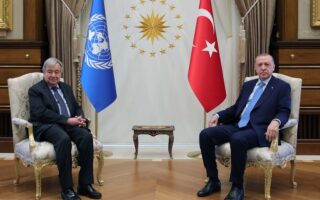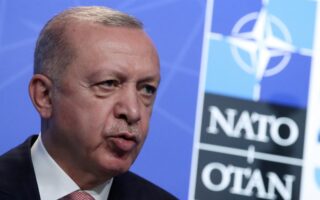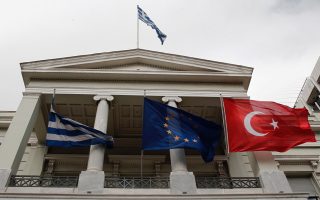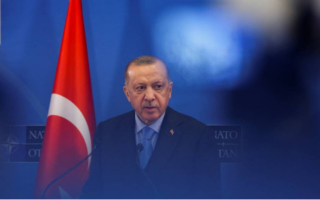Thinking outside the box when it comes to Turkey
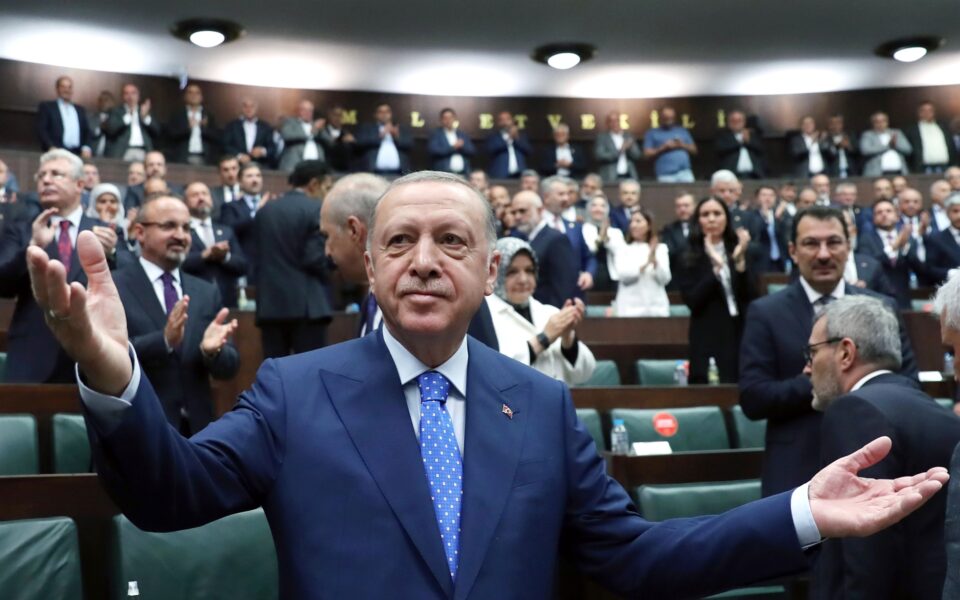
The last 50 years had not prepared the Greek foreign policy establishment to deal with the turn that Greek-Turkish relations have taken in the past five years; it is not trained for this level of challenges. By foreign policy we do not, of course, mean it in the strictly bureaucratic sense of the term, the procedures carried out by the Ministry of Foreign Affairs, but across the board, from the top of the administration to the way in which experts and every other link in the chain of decision-making thinks, acts and advises.
If we assume that Athens has a certain fundamental strategy regarding Greece’s position in the region, this has been largely overshadowed by more recent developments. This conclusion is not necessarily associated with Turkey’s overflights, its aggressive posturing over the northeastern Greek port of Alexandroupoli or the unfettered rhetoric of governing party officials.
Following the attempted coup against Turkish President Recep Tayyip Erdogan in July 2016, the leadership of his AKP party seized the opportunity it had sought for many years to “declaw” the armed forces and subjugate them to the Islamist state apparatus it has gradually installed.
The new Turkish – neo-Ottoman – dogma of expansionism is a mantle that suits the different needs of many different players depending on the occasion
Apart from the blow to Turkey’s secular establishment, the systematic dismantling of the system that rendered the armed forces an independent pillar of domestic decision-making also disengaged the military from the policy of keeping its operations inside Turkey – with the exception of campaigns against the Kurds in Iraq and, of course, the invasion of Cyprus in 1974 and the occupation since. Officially or unofficially, the Turkish armed forces are now present in Syria, Iraq, Libya, Nagorno-Karabakh, the Horn of Africa and the Persian Gulf, and Erdogan appears eager to expand their presence even further.
This new Turkish – neo-Ottoman – dogma of expansionism is a mantle that suits the different needs of many different players depending on the occasion. Sometimes these are Russian needs, or American, or European – or all together, even. What Turkey is doing, of course, is protecting and promoting its own interests, while also casting itself in the role of regional supervisor for others.
Athens cannot respond to such a strategy in kind for many different reasons, but it can discreetly prepare itself for the various likely outcomes. It can also reach out to the third parties involved and ask for guarantees of a “clear” path ahead that may at some point – and under certain inviolable conditions – lead to The Hague. What is the alternative? Is it full steam ahead to the “inevitable”? Athens needs to think outside the box.
